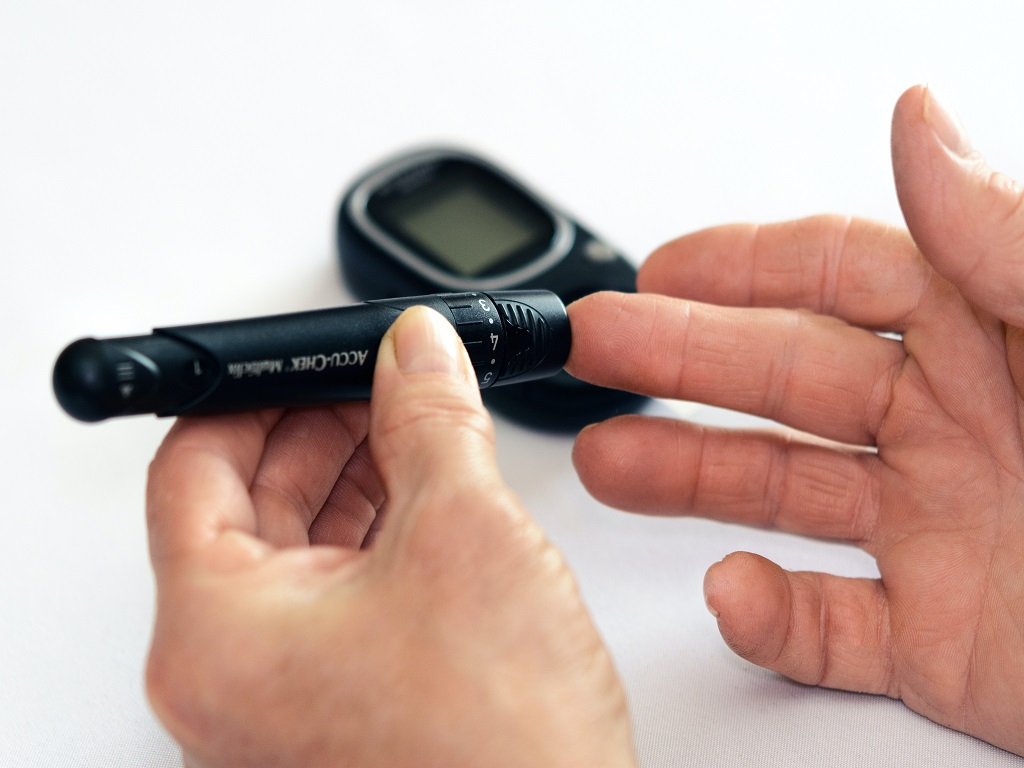Diabetes occurs when the body has problems dealing with insulin. The hormone needed to deal with blood glucose is found in the pancreas, which is an organ located near the stomach. However, if it becomes damaged or doesn’t work, a number of problems can happen. There are several different types of diabetes, and each requires a different treatment. So let’s dive into them below and explore the available remedies.
Type 1 Diabetes
Type 1 diabetes emerges when the body cannot make insulin. Insulin is a hormone responsible for converting food into energy. People with type I diabetes are insulin-dependent, which means taking artificial insulin daily is essential to stay alive.
Type 2 Diabetes
Type 2 diabetes develops slowly, often striking people who are overweight. As the disease progresses, the pancreas may not be able to produce enough insulin to meet the body’s needs, even though insulin production may start out at normal levels. The sooner type 2 diabetes is detected and treated, the better control patients can get over blood sugar levels and reduce their risk for serious health complications.
Gestational Diabetes
Gestational diabetes is a form of diabetes that develops during pregnancy. This type of diabetes does not occur in all women and usually goes away after the baby has been delivered.
Prediabetes
Prediabetes is a term doctors use to describe a person whose blood sugar level is higher than normal but high enough to be diabetic. Treatment and lifestyle choices can delay or even prevent the progression of prediabetes to type 2 diabetes.
One is at an increased risk for prediabetes if:
They’re overweight
Have high blood pressure
A family history of diabetes
Have high cholesterol
Are over 45 years old
Have gestational diabetes or a baby that weighed more than 9 pounds
Lifestyle Changes to Manage Diabetes
For people with diabetes, the right diet is crucial to overall health. It also helps control blood sugar levels. Experts recommend a diet of a variety of fresh fruits, vegetables, whole grains, lean proteins, and healthy fat sources. A limited intake of foods with added sugar, fried foods, sweets, and high-sugar beverages is also advisable. Diet changes like these will improve health and lower the chances of developing diabetes complications such as heart disease and kidney disease.







